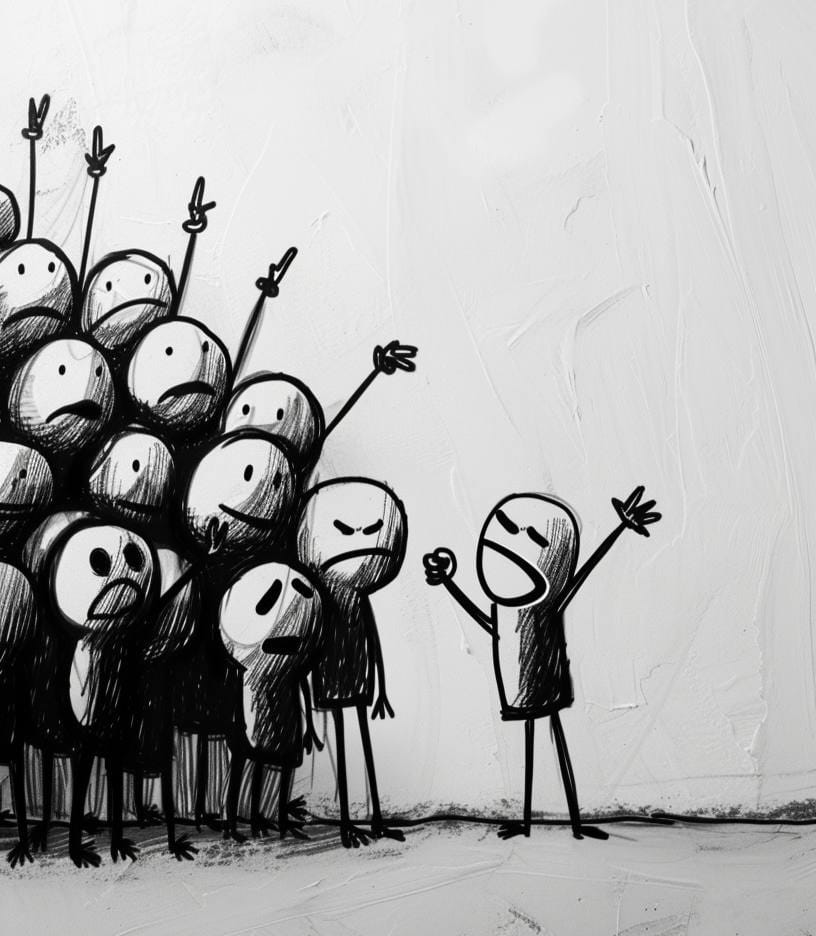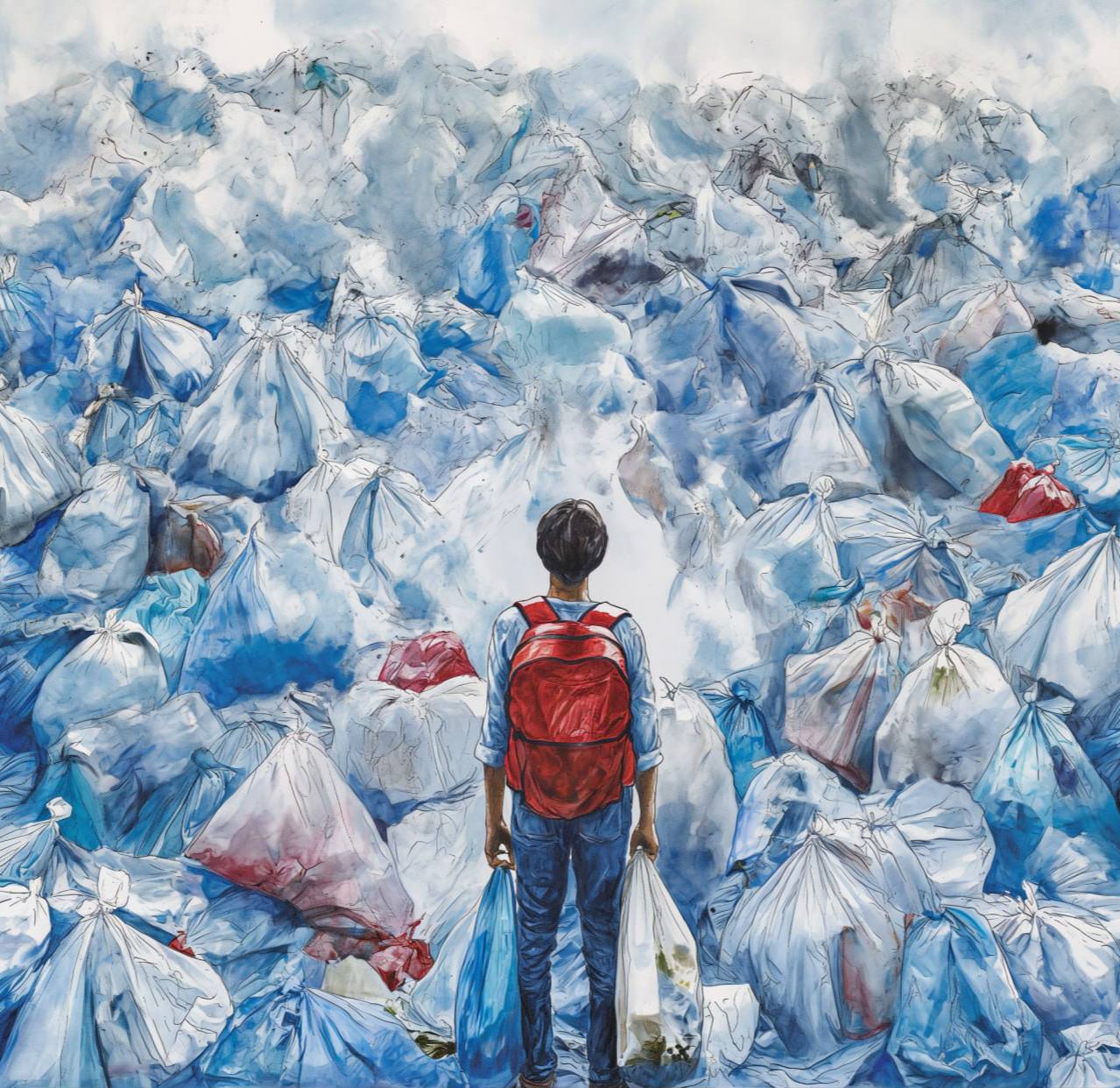
Once a beacon of success in Asia, Myanmar is now grappling with the aftermath of political turmoil and economic sanctions. The story of Myanmar’s economic rise and fall is a tale of missed opportunities, resilience, and the struggle for a better future.
From Prosperity to Crisis
Myanmar, formerly known as Burma, has endured decades of political unrest. The country's economy, which thrived during the democratic era from 2016 to 2020 under the National League for Democracy (NLD) led by Aung San Suu Kyi, has faced a sharp decline since the military coup in 2021. The coup not only reversed the economic gains but also plunged the nation into chaos and uncertainty.
The Role of Sanctions
What are sanctions, and how do they affect a country? Sanctions can include various measures such as economic embargoes, financial restrictions, or individual sanctions like travel bans and asset freezes. Myanmar's history with international sanctions began in the 1990s when the United States and the European Union imposed measures in response to human rights abuses and the suppression of democratic movements. Although some sanctions were lifted during the country's brief period of political reform from 2011 to 2020, the military coup in 2021 triggered a new wave of sanctions aimed at pressuring the junta to restore democracy.
Economic Impact
Sanctions have taken a heavy toll on Myanmar’s economy. Trade restrictions and investment bans have led to significant revenue losses in key sectors such as textiles, gems, and timber. Foreign investment, which is crucial for economic growth, has dried up as investors withdrew or suspended their ventures, resulting in job losses and halted development projects. The financial sector has also suffered. International banks severed ties with Myanmar’s financial institutions, isolating the country from the global financial system. This isolation has worsened the liquidity crisis, causing the kyat (Myanmar's currency) to plummet in value and inflation to soar.
The Central Bank of Myanmar has struggled to stabilize the currency and control inflation, further eroding public confidence in the banking system. This instability has led to a rise in informal and black-market financial activities, exacerbating the economic woes.
Humanitarian Consequences
While sanctions aim to pressure the military regime, they often have unintended humanitarian consequences. The economic downturn has led to widespread poverty, unemployment, and food insecurity. Vulnerable groups, including women, children, and ethnic minorities, have been disproportionately affected. International aid organizations face challenges in delivering humanitarian assistance due to restrictions and security concerns. The reduction in aid and economic support has strained healthcare, education, and other essential services, deepening the humanitarian crisis.
Adaptation and Resilience
In response to these challenges, Myanmar’s government and businesses have sought to diversify trade partnerships and attract new investment sources. The country has increasingly turned to China, Russia, and other nations not participating in the sanctions regime for economic support. However, this shift has also increased Myanmar's economic dependence on a limited number of countries, potentially compromising its long-term economic sovereignty. The international sanctions imposed on Myanmar have had profound and multifaceted effects on its economy. While they aim to pressure the military junta into restoring democratic governance and respecting human rights, the broader economic and humanitarian impacts on the civilian population cannot be ignored. The effectiveness of sanctions in achieving their political objectives remains a subject of debate, but their impact on Myanmar’s economic landscape is undeniable. The future of Myanmar's economy will depend on a complex interplay of international diplomacy, domestic political developments, and the resilience of its people and businesses in navigating these challenging times. As the world watches, the people of Myanmar continue to endure and adapt, hoping for a brighter future amidst the ongoing siege.
Read More:
 Build Myanmar - MediaY3A
Build Myanmar - MediaY3A
 Build Myanmar - MediaY3A
Build Myanmar - MediaY3A
Build Myanmar-Media : Insights | Empowering Myanmar Youth, Culture, and Innovation
Build Myanmar-Media Insights brings you in-depth articles that cover the intersection of Myanmar’s rich culture, youth empowerment, and the latest developments in technology and business.
Sign up for Build Myanmar - Media
Myanmar's leading Media Brand focusing on rebuilding Myanmar. We cover emerging tech, youth development and market insights.
No spam. Unsubscribe anytime.
Sign up now to get the latest insights directly to your mailbox from the Myanmar's No.1 Tech and Business media source.
📅 New content every week, featuring stories that connect Myanmar’s heritage with its future.
📰 Explore more:
- Website: https://www.buildmyanmarmedia.com/
- Facebook: https://www.facebook.com/buildmyanmar
- YouTube: https://youtube.com/@buildmyanmarmedia
- Telegram: https://t.me/+6_0G6CLwrwMwZTIx
- Inquiry: info@buildmyanmar.org
#BuildMyanmarNews #DailyNewsMyanmar #MyanmarUpdates #MyanmarNews #BuildMyanmarMedia #MyanmarNews #GlobalNews #TechNewsMyanmar #BusinessNewsMyanmar #Updates #Insights #Media